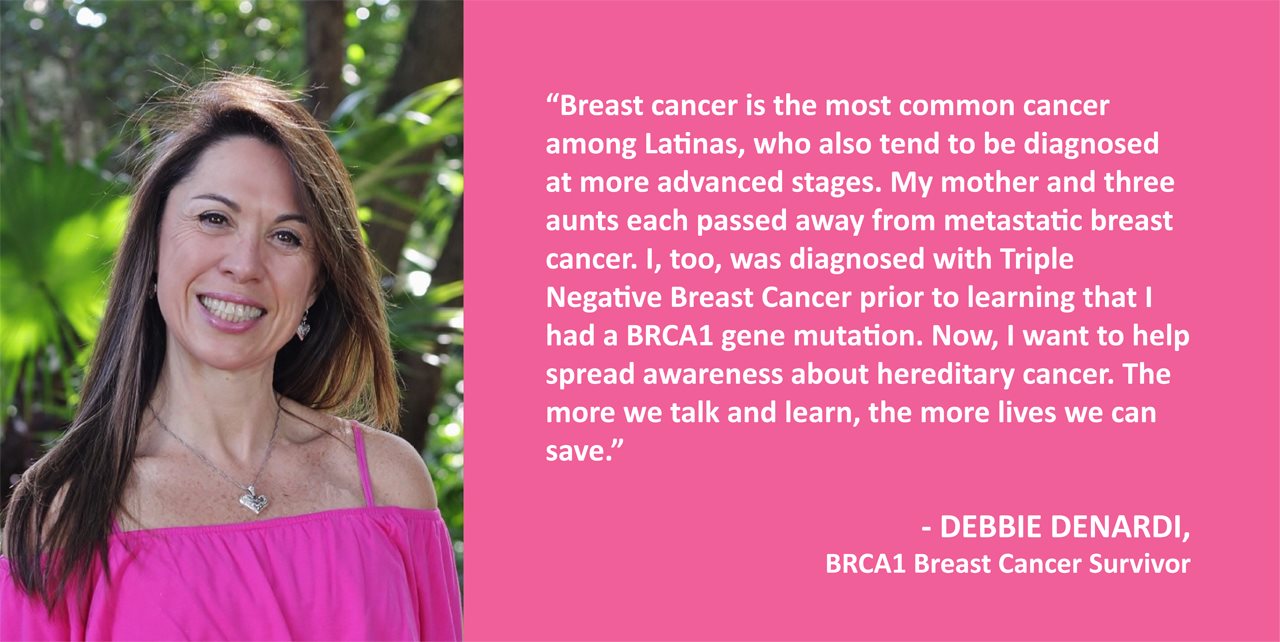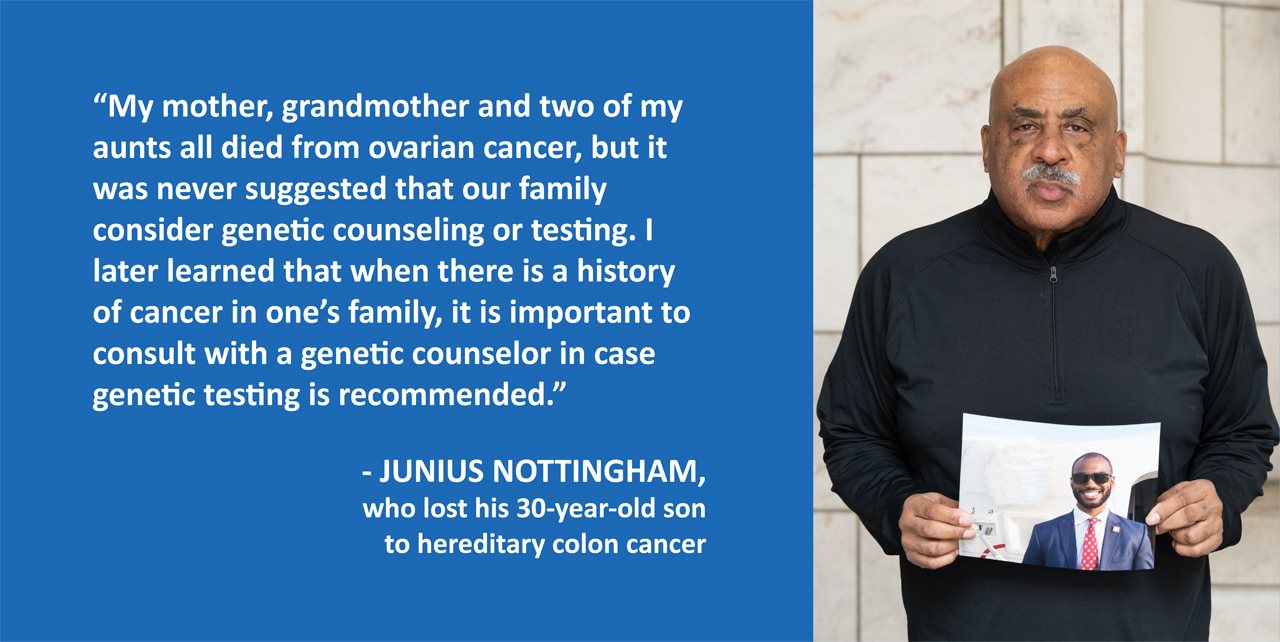
(BPT) – April is National Minority Health Month, which is dedicated to raising awareness about the health disparities that exist among many populations in the United States. One significant area of concern is cancer-related health disparities, which impact racial, ethnic and LGBTQ+ groups disproportionately.
Are you more likely to experience cancer-related health disparities?
Anyone can get cancer, but some groups are more likely to be diagnosed, have an aggressive cancer and die of the disease. These differences in outcomes are called health disparities. Often, groups that are vulnerable, marginalized or exposed to biases have worse cancer outcomes due to several systemic issues — including discrimination — that put them at higher risk.
Did you know:
- Black people are more likely to be diagnosed with aggressive breast cancer or prostate cancer. They are also more likely to die of these cancers than non-Hispanic white people.
- Hispanic, Black, American Indian and Native Alaskan people are less likely to have health insurance than people from other racial or ethnic groups. This could lead to fewer cancer screenings and later detection.
- When undergoing genetic testing for hereditary cancer, Black Americans, Asian Americans and Pacific Islanders are more likely to receive a confusing test result known as a “variant of uncertain significance” — a change in a person’s DNA that has an unknown effect on their cancer risk.
- People from the LGBTQ+ community are less likely to receive cancer screening. One in three transgender people report having a negative experience with a healthcare provider related to being transgender.
- Black and Native Americans have the highest incidence of colorectal cancer of any racial or ethnic group, and they are also more likely to die from the disease than other groups.
Understanding your hereditary cancer risk could save your life.

About 10% of cancers are caused by inherited mutations in specific genes. These mutations are linked to an increased risk for various types of cancer, including breast, prostate, ovarian, endometrial, pancreatic, colorectal, stomach and skin cancer.
While white female celebrities like Angelina Jolie, Christina Applegate and Kelly Osbourne get a disproportionate amount of media attention for having BRCA gene mutations (a condition linked to breast, ovarian, prostate and pancreatic cancer), people of all backgrounds and genders can inherit genetic mutations that predispose them to cancer.
Studies have shown that Black and white women inherit genetic mutations associated with breast cancer at the same rates, yet Black women are much less likely to undergo genetic counseling and testing, largely due to differences in physician recommendations and access to care. This disparity contributes to later-stage diagnoses and higher mortality rates among Black women, who are 40% more likely to die of breast cancer than white women.
Up to 90% of people are unaware that they have a genetic mutation that increases their cancer risk, and most people have no idea they are predisposed to cancer until they — or a close family member — receive a cancer diagnosis that leads them to get genetic testing.
Protecting your health and combatting disparities
Knowing whether you have an inherited gene mutation that increases your cancer risk can save your life and the lives of your family members. Screenings and other steps can help people prevent cancer or catch it at its earliest, most treatable stage. If you suspect that hereditary cancer runs in your family, be sure to:
- Learn your family history of cancer.
- Talk to your healthcare provider about routine screenings you should be having.
- Ask if genetic counseling and testing might be appropriate.
- Talk to your family members about what you learn.
Fortunately, many organizations are working to address health disparities and improve people’s access to healthcare. Specific nonprofits are dedicated to supporting Black, Hispanic, Asian, American Indian and LGBTQ+ populations (view a full list here). Other organizations, like FORCE (Facing Our Risk of Cancer Empowered), offer education, support and advocacy for anyone affected by hereditary cancer.
Join us in raising awareness about health disparities that continue to affect people from diverse racial, ethnic and LGBTQ+ groups. We can all make an impact by advocating for health equity and encouraging others to safeguard their health through education, cancer screening and prevention.








